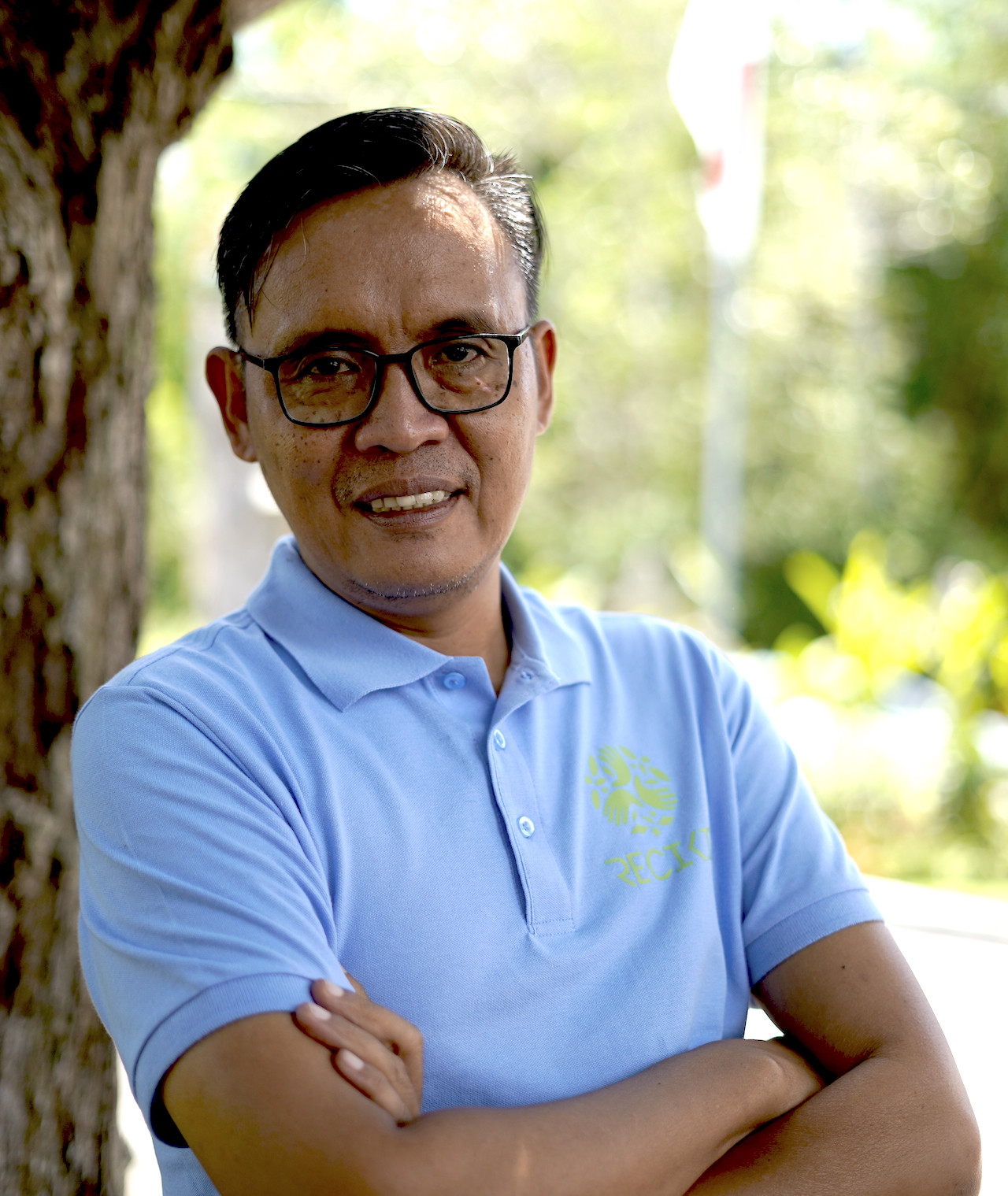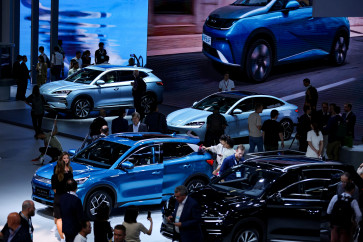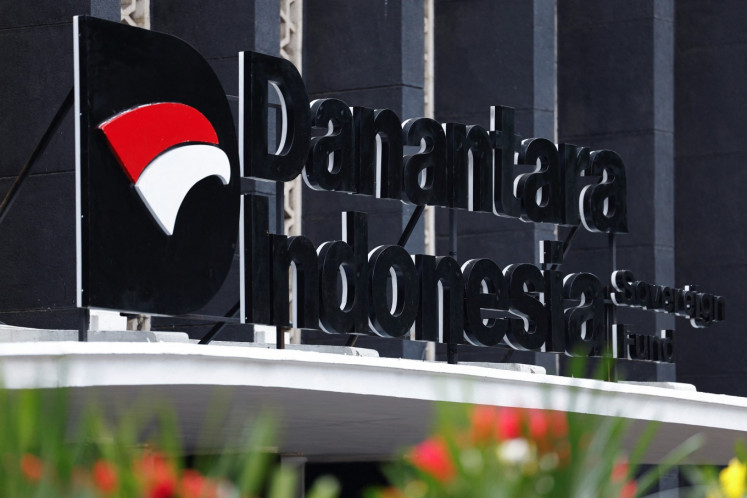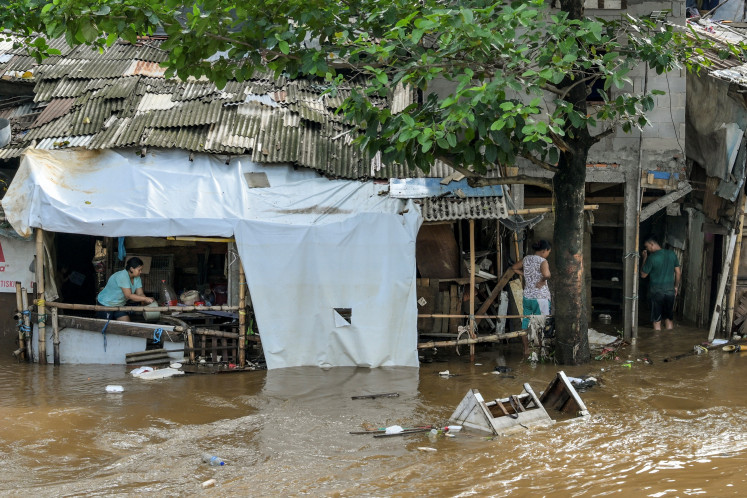Popular Reads
Top Results
Can't find what you're looking for?
View all search resultsPopular Reads
Top Results
Can't find what you're looking for?
View all search resultsFor Reciki, even low-value trash means business
Waste management firm Reciki focuses on recycling low-value waste, including plastic bags and diapers, to turn a problem into profit.
Change text size
Gift Premium Articles
to Anyone
W
aste management has long been an issue in Indonesia, a country dubbed the second-largest plastic polluter in the world. While new plastic recycling firms have emerged in the last five years, those dealing with low-value waste, such as plastic bags, are still scarce. The Jakarta Post’s Eisya A. Eloksari interviewed waste management start-up Reciki founder and CEO Bhima Aries Diyanto on Jan. 21 to discuss the company’s goal in monetizing all kinds of waste and its long-term goal to alleviate the burden on landfills.
Question: What is Reciki and how do you operate?
Answer: Reciki is a waste management service that uses a zero-waste-to-landfill approach, meaning we try to process all kinds of waste so that almost no trash goes to the final disposal site (TPA).
As of today, we operate two recycling facilities in Lamongan, East Java, and Jimbaran, Bali. Our Lamongan facility collects waste from around 15,000 households and around 200 commercial and industrial spaces, which amounts to 60 tons of waste daily.
Meanwhile, our Jimbaran facility has a capacity of 120 tons of waste, and we collect trash from some 40,000 households and hotels around South Kuta.
What sets you apart from other recycling companies?
Reciki builds on existing waste management chains, meaning we collaborate with waste banks or communities, so they can send their unprocessed waste to us.
Secondly, we try to monetize every material that we receive, including so-called low-value waste, such as used diapers, feminine hygiene products or plastic bags. We do that because we want to tackle the waste that usually goes to landfills and use it to generate energy or to turn it into building materials.
How does your company ensure waste pickers’ welfare?
First, we prioritize employing scavengers from TPAs, we give them protective gear and pay them based on the regional minimum wage regulation. [By working for us, they also get public] health care and worker social security (BPJS Kesehatan and BPJS Ketenagakerjaan) coverage, and we pay bonuses if they meet certain goals.
To be honest, we struggle to employ more people; that is why we ensure waste management is an attractive, well-paying job so that more people, especially younger ones, want to work in this industry.
What is your thought on Indonesia's waste management ecosystem?
I think waste management should be handled in a localized way, because different areas have different waste characteristics, and they usually already have a waste management system in place. Additionally, half of our waste is managed by informal waste pickers, so it is best to use a cultural and social approach before introducing them to recycling technology.
According to Statistics Indonesia (BPS), 81 percent of Indonesians do not segregate their waste, so it is important to have a facility that can cater to all types of waste. And since waste segregation is challenging, our landfills are piling up quickly.
The government is struggling to expand TPAs because nobody wants to live near landfills. On top of that, many landfills have only around two years before they reach their capacity. We see this as an opportunity to lessen the government's burden in managing landfills.
What are some of the challenges in the industry?
The number one challenge for waste management start-ups is investment. Aside from capital investment, I think recycling companies would also appreciate technological investment or providing us with connections and off-takers as well.
Secondly, lack of political will from the government. Waste management requires proper regulations, budgeting and collaboration among the government, industry players and recycling facilities. So, if the government is not serious, it will be difficult for us.
Lastly, a lot of recycling companies are concentrated on the island of Java, but we need to see more facilities distributed evenly across the country.
What are your plans for the future?
Reciki and our investor, Circulate Capital, aim to increase our facilities' capacity 10-fold to more than 1,000 tons of waste per day before August.
We have a goal that, in 10 years, we will be able to [prevent] 400,000 tons of waste from going into the ocean or filling landfills, which in turn would prevent 700,000 tons of greenhouse gasses from going into the atmosphere.










